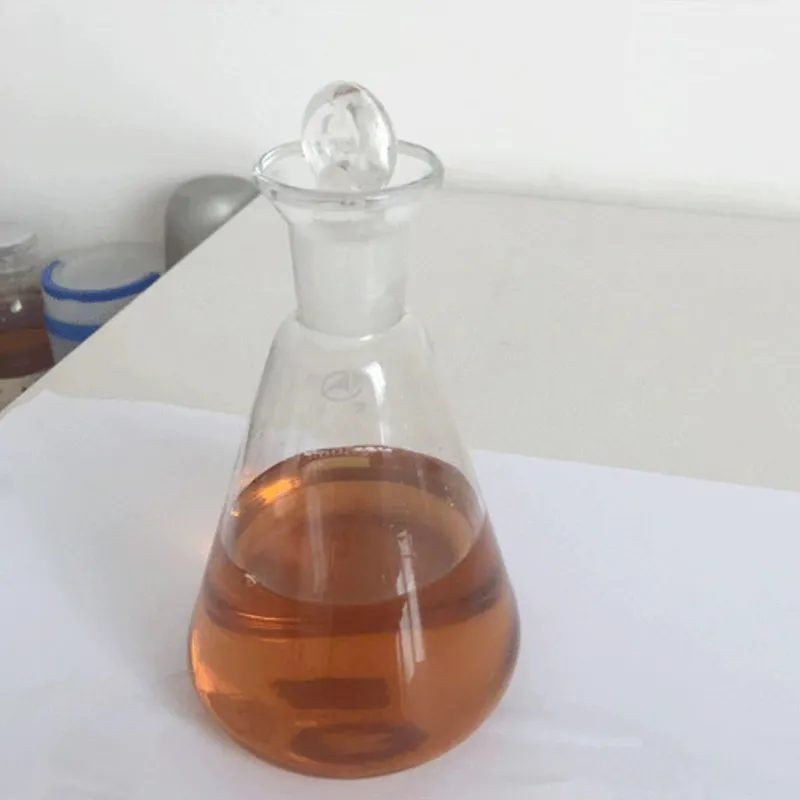
Understanding E101 Food Additives and Their Role in Food Products
Understanding E101 A Comprehensive Look at a Common Food Additive
Food additives play a significant role in modern food production, enhancing flavor, preserving freshness, and improving the overall quality of various products. Among the myriad of food additives, E101, known as riboflavin or vitamin B2, stands out due to its nutritional benefits and functional properties. This article explores E101, its uses, benefits, safety, and relevance in today’s food industry.
What is E101?
E101 is a water-soluble vitamin belonging to the B-complex group. Riboflavin is essential for maintaining healthy cells and is crucial in energy production and the metabolism of fats, drugs, and steroids. Naturally occurring in many foods, such as eggs, green leafy vegetables, nuts, dairy products, and enriched cereals, riboflavin is recognized for its vibrant yellow color.
The additive is often synthetically produced for use as a coloring agent and nutrient supplement in various food products. As a food additive, E101 can be found in products such as baked goods, dairy products, and nutritional supplements, where it serves a dual purpose—enhancing both appearance and nutritional value.
Uses in the Food Industry
The primary application of E101 in the food industry includes its role as a coloring and fortifying agent. Riboflavin imparts a bright yellow color to food products, making them visually appealing to consumers. This characteristic is particularly desirable in the production of certain beverages, baked goods, and dairy products.
Furthermore, E101 is frequently added to food products to enrich them with this essential vitamin. With growing consumer awareness of health and nutrition, products fortified with vitamins and minerals, including riboflavin, have gained popularity. This fortification helps combat nutritional deficiencies in populations that may not obtain adequate amounts of this vitamin through diet alone.
Nutritional Benefits
The health benefits of riboflavin are well-documented. As an essential nutrient, it plays crucial roles in several bodily functions, including
e101 food additive

1. Energy Production Riboflavin is vital for the conversion of carbohydrates into energy. It helps in the metabolism of fats and proteins, thus ensuring that the body functions optimally.
2. Antioxidant Activity Riboflavin contributes to the body’s defense against oxidative stress. It helps protect cells from damage caused by free radicals, reducing the risk of chronic diseases.
3. Healthy Skin and Vision This vitamin promotes healthy skin and eyes. It aids in the maintenance of good vision and can help alleviate symptoms of certain eye disorders.
4. Red Blood Cell Production Riboflavin plays a role in the production of red blood cells, thereby enhancing the body’s ability to transport oxygen efficiently.
These attributes underscore the importance of riboflavin in the diet, particularly in regions where dietary deficiencies are common.
Safety and Regulation
E101 has been evaluated for safety by various health and regulatory authorities, including the European Food Safety Authority (EFSA) and the Food and Drug Administration (FDA). Both organizations recognize riboflavin as safe for consumption within established guidelines.
As with any additive, acceptable daily intake levels have been set to ensure consumer safety. Overconsumption of riboflavin does not typically result in adverse effects, as excess amounts are usually excreted through urine due to its water-soluble nature. Nonetheless, it is recommended that consumers obtain their nutrients primarily through a balanced diet rather than relying solely on fortified products.
Conclusion
In conclusion, E101, or riboflavin, serves a vital purpose in the modern food industry, providing both coloring and essential nutritional benefits. Its role as a natural vitamin helps enhance the quality and appeal of food products while contributing to public health through fortification. As consumers become increasingly health-conscious, the demand for products containing E101 is likely to continue growing. Understanding the benefits and uses of this additive can enable consumers to make informed choices about their dietary habits, ensuring that they reap the health benefits riboflavin has to offer. In a rapidly evolving food landscape, E101 remains a prime example of how additives can positively contribute to health and nutrition.
-
Why Glacial Acetic Acid Food Grade Is Essential in FlavorNewsMay.26,2025
-
Surging Export Growth of Food Additives in ChinaNewsMay.26,2025
-
How Ammonium Nitrate Fertilizer Boosts Crop YieldsNewsMay.26,2025
-
How 1,2,3-Benzotriazole Shields Plastics from UV DegradationNewsMay.26,2025
-
Cyanide in Gold Mining: Protecting People and the PlanetNewsMay.26,2025
-
Aluminum Hydroxide in Modern Sunscreen FormulationsNewsMay.26,2025
-
Understanding Synthetic Rubber OptionsNewsApr.27,2025
Hebei Tenger Chemical Technology Co., Ltd. focuses on the chemical industry and is committed to the export service of chemical raw materials.
-

view more DiethanolisopropanolamineIn the ever-growing field of chemical solutions, diethanolisopropanolamine (DEIPA) stands out as a versatile and important compound. Due to its unique chemical structure and properties, DEIPA is of interest to various industries including construction, personal care, and agriculture. -

view more TriisopropanolamineTriisopropanolamine (TIPA) alkanol amine substance, is a kind of alcohol amine compound with amino and alcohol hydroxyl, and because of its molecules contains both amino and hydroxyl. -

view more Tetramethyl Thiuram DisulfideTetramethyl thiuram disulfide, also known as TMTD, is a white to light-yellow powder with a distinct sulfur-like odor. It is soluble in organic solvents such as benzene, acetone, and ethyl acetate, making it highly versatile for use in different formulations. TMTD is known for its excellent vulcanization acceleration properties, which makes it a key ingredient in the production of rubber products. Additionally, it acts as an effective fungicide and bactericide, making it valuable in agricultural applications. Its high purity and stability ensure consistent performance, making it a preferred choice for manufacturers across various industries.











